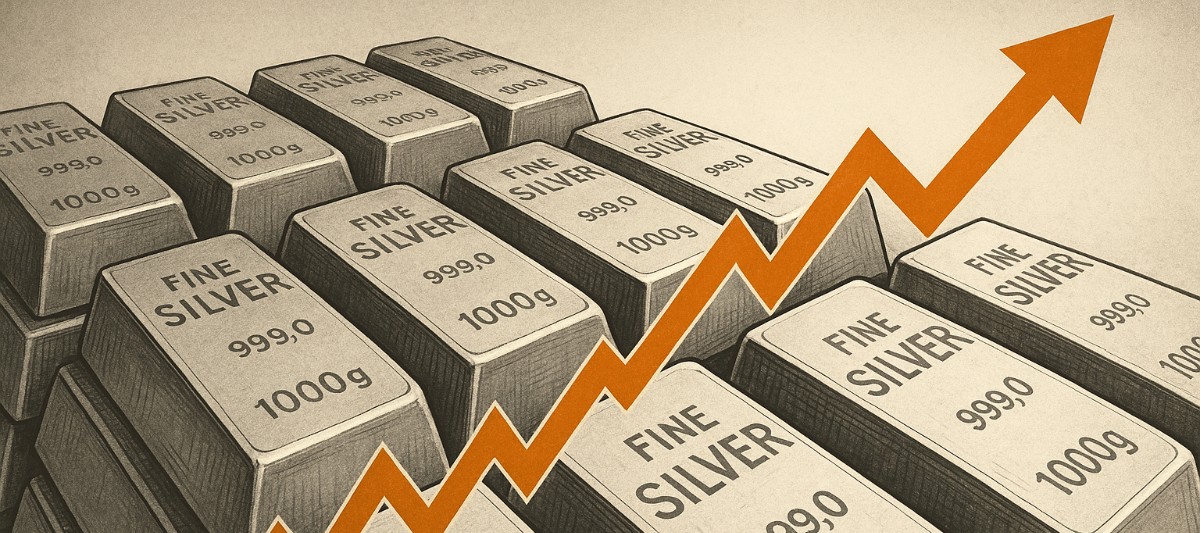
Posted May 16, 2024
By Sean Ring
Silver, China… and Opium
China has always valued silver for many reasons, perhaps even more than gold. So it’s no surprise that silver is taking off in Shanghai trading, moving the pricing power from West to East. In short, the Shanghai rally has pulled western silver futures contracts up to nearly $30 per ounce.
As I sat in our weekly editorial meeting, good friend and Rude contributor Byron King reminded me of those facts.
And then I thought about opium.
No, it’s not a non sequitur. Silver and opium were intimately intertwined in the 19th century. The mere mention of the Opium Wars sends the average Chinese person into a patriotic rage.
I remember dating a young Chinese woman when I first lived in Singapore. She loathed the British. I couldn’t believe it. I said, “You’re in your twenties. Why do you care anymore?” She explained how the Chinese taught history. It’s as much about emotions as facts.
So, let’s examine why the Chinese love silver, why the British fed the Chinese opium, and where silver might be going today.
The Chinese have valued silver highly throughout history for several economic, cultural, and practical reasons.
The Historical Significance of Silver in China
The Chinese have long held silver in high regard, and this preference is deeply rooted in economic, cultural, and practical factors that have shaped the nation’s history.
Economic Factors
During the Ming (1368–1644) and Qing (1644–1912) dynasties, silver became the cornerstone of China's economy. It served as the primary medium for large-scale transactions and tax payments, increasing its demand significantly. The Chinese government mandated that taxes be paid in silver, further solidifying its importance.
From the 16th century onward, China's participation in global trade, particularly with the Spanish Empire, saw an influx of silver from the Americas via the Manila galleons. Chinese goods like silk and porcelain were highly prized in Europe, and silver was the preferred payment method. This international trade network further integrated silver into the Chinese economy.
Silver's intrinsic value, as opposed to the more volatile and easily counterfeited paper money, made it a reliable store of wealth. It was universally accepted and less susceptible to inflation, providing economic stability. This reliability was crucial in a nation often experiencing political upheavals and regime changes.
Cultural and Practical Factors
In Chinese culture, silver symbolizes wealth, prosperity, and status. It was used as currency and in jewelry and household items, showcasing its significance. In Feng Shui, silver is believed to have protective and purifying qualities, further enhancing its cultural value.
Silver’s durability and resistance to corrosion made it ideal for long-term storage and use in coins and artifacts. Chinese artisans skillfully crafted silver into intricate jewelry, ornate household items, and religious artifacts, reflecting wealth and artistic talent.
Historical Context
Before adopting silver widely, China experimented with various forms of money, including cowrie shells, bronze coins, and paper money. These systems often faced issues like counterfeiting and inflation. Transitioning to a silver-based monetary system provided a more stable and reliable economic framework, facilitating trade and taxation.
The global silver trade, especially the flow of silver from the Americas to Asia, profoundly influenced China's economic policies. The country absorbed vast amounts of silver, integrating it deeply into its economy and shaping its monetary practices.
Now, let’s take a closer look at why the British drugged the Chinese.
The Opium Wars and the Role of Silver
The Opium Wars were a series of conflicts between China and Western powers, primarily the British, during the mid-19th century.
In the 18th and early 19th centuries, Britain had a significant trade imbalance with China. The British demand for Chinese goods, mainly tea, silk, and porcelain, was immense, but China required little from Britain. The British were paying for these goods with silver, which drained their silver reserves and exacerbated the trade deficit.
The Opium Trade
To address this imbalance, the British East India Company began exporting opium grown in India to China.
Let’s imagine a conversation between British merchants trying to procure some tea, which only grew in China at the time.
Their problem was that the Chinese emperor didn’t want any British export crap; he would only take silver.
Let’s join our friends, who are brainstorming over a pint of IPA—India Pale Ale—which doesn’t need to be refrigerated and can be shipped from the homeland.
“What are we going to do? The damn emperor won’t trade anything for the tea!”
“But those Chinese like to chase the dragon, don’t they?”
“What?”
“So?”
“I’ve got an idea… How about we sell them the opium for silver…”
“And then use the silver they give us to buy their tea!”
“That’s it!”
“Matey, you’re a genius!”
And that, my friend, is how the Opium Wars started and how the British Empire became the greatest narcostate in human history.
However, the trade became so large that by 1865, the Hong Kong Britishers needed a bank to finance it.
Step forward, Thomas Sutherland, director of the P&O ferry company and founder of the Hong Kong and Whampoa Dock Company.
Sutherland founded the Hongkong and Shanghai Banking Corporation - now you know them as HSBC.
To spell it out for you: HSBC was founded to launder drug money.
Yes, I just wrote that.
Sure, they financed many other things and still do a great job.
Heck, they’re my bank in Hong Kong.
Nevertheless, the Hongkong and Shanghai Banking Corporation was formed to finance the opium trade.
The First Opium War (1839-1842)
The Chinese government, recognizing the detrimental effects of opium, sought to ban the opium trade and confiscate large quantities of the drug. This action provoked the British, leading to the First Opium War.
With its superior naval power, the British military defeated the Chinese forces. The Treaty of Nanking (1842) ended the war, imposing several conditions on China, including:
- The cession of Hong Kong to Britain.
- The opening of five treaty ports to British trade.
- A large indemnity was to be paid by China to Britain.
- Granting of extraterritorial rights to British citizens in China.
The Second Opium War (1856-1860)
Tensions never subsided, leading to the Second Opium War. This conflict, also involving France alongside Britain, resulted in further Chinese defeats and more punitive treaties, including:
- The legalization of the opium trade.
- The opening of additional ports to foreign trade.
- Allowing foreign envoys to reside in Beijing.
The Opium Wars caused untold damage to China. Besides losing the wars, the inflow of opium led to a significant outflow of silver from China, reversing the previous trade imbalance. This outflow of silver destabilized the Chinese economy, leading to inflation and widespread economic distress.
The widespread opium addiction created severe social problems, including public health crises and increased crime rates.
And now you know why the Chinese like to stick it to the Brits whenever possible. And if you’re thinking what I’m thinking (fentanyl), the Brits gave the Chinese their playbook.
The Silver Charts
Ludwig von Mises, a prominent Austrian economist, defined "inflation" differently from common contemporary usage. According to Mises, inflation is not merely a price rise but rather an increase in the supply of money and credit beyond the demand for money.
Well, I got your money supply increase right here:
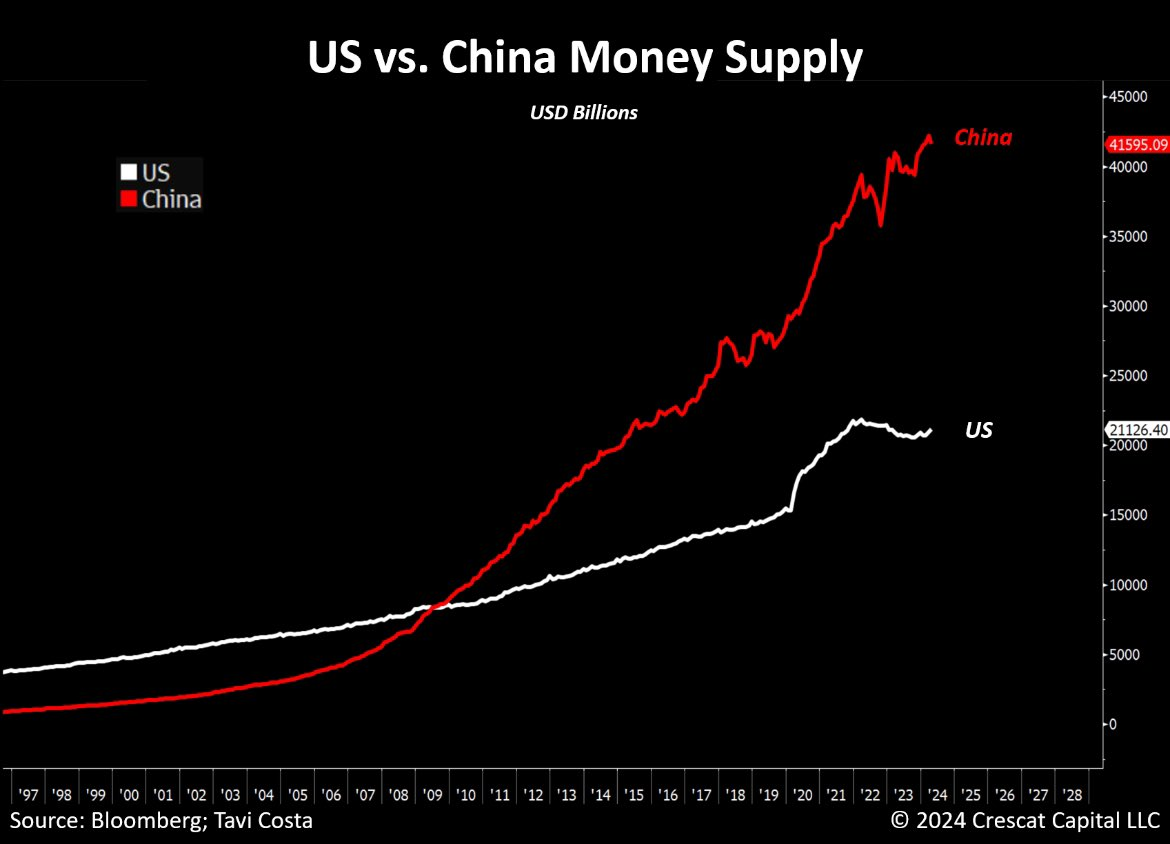 Credit: @TaviCosta
Credit: @TaviCosta
You think the Fed is printing money like there’s no tomorrow? Try the People’s Bank of China…
And this money is flowing into the asset markets, but mainly into commodity markets.
The following chart is about how silver hasn’t taken off yet.
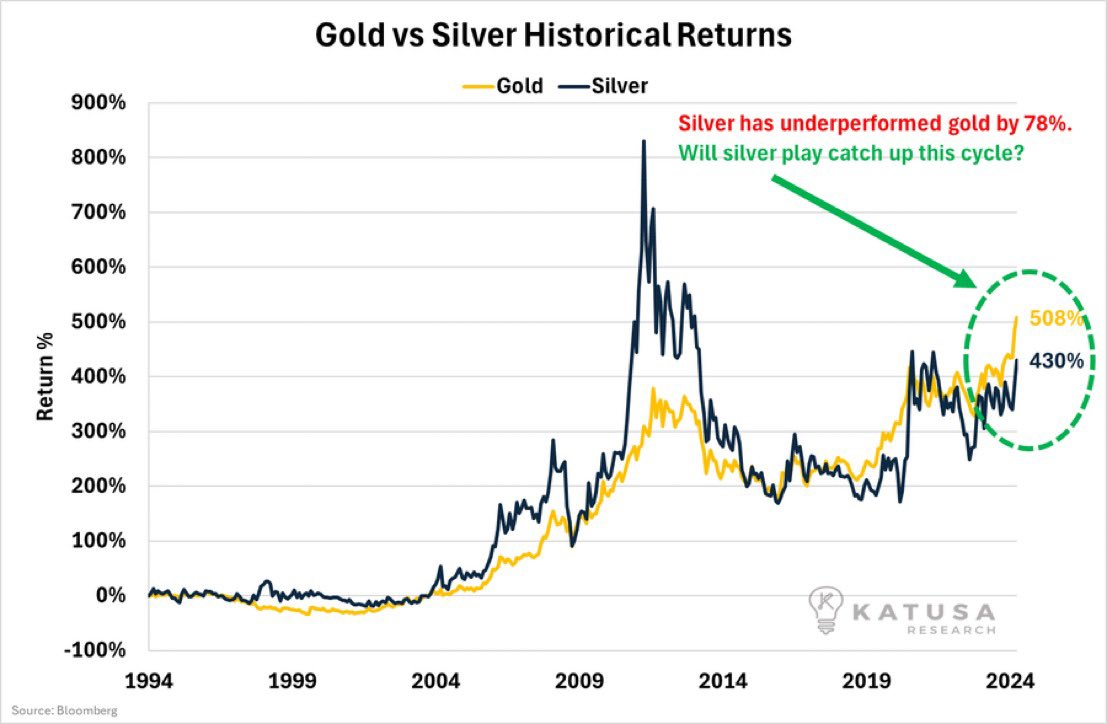 Credit: @KingKong9888
Credit: @KingKong9888
Silver looks like it’s attempting to close the gap now on high volume, which is a great sign.
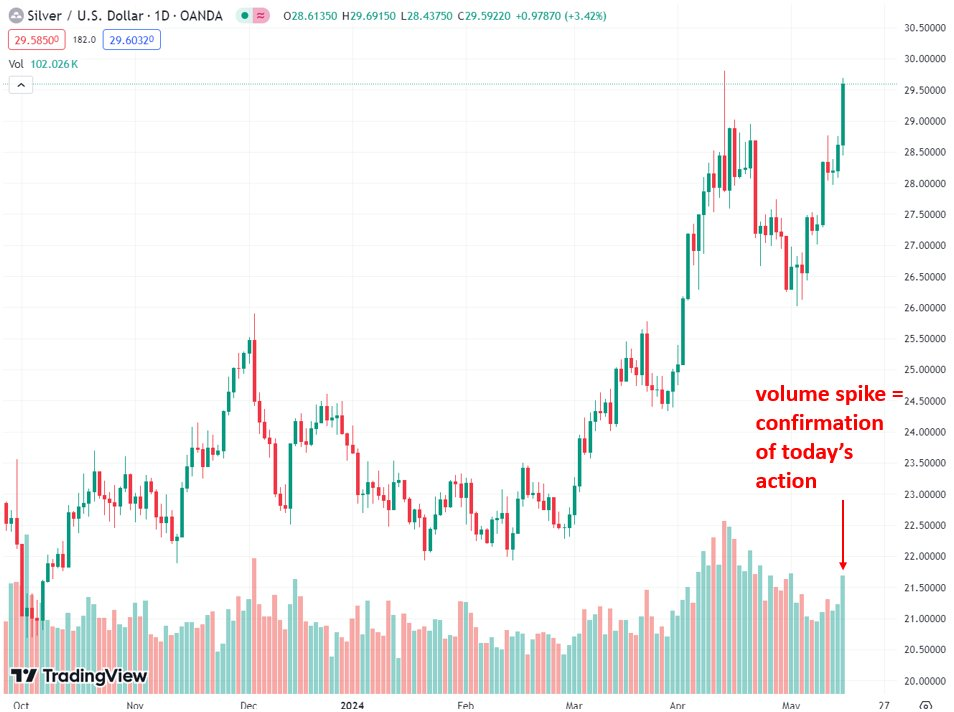 Credit: @TheBubbleBubble
Credit: @TheBubbleBubble
Posting the highest close in 11 years is not indicative of a bear market.
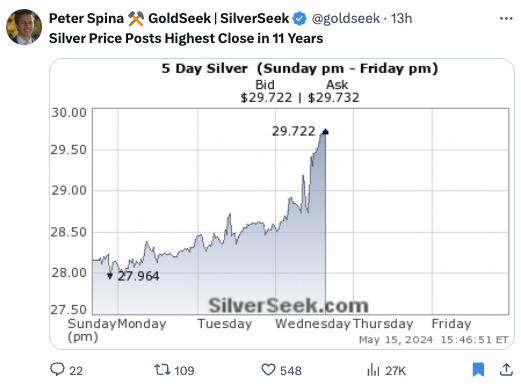 Credit: @goldseek
Credit: @goldseek
Silver finally broke out of its 13-year downtrend.
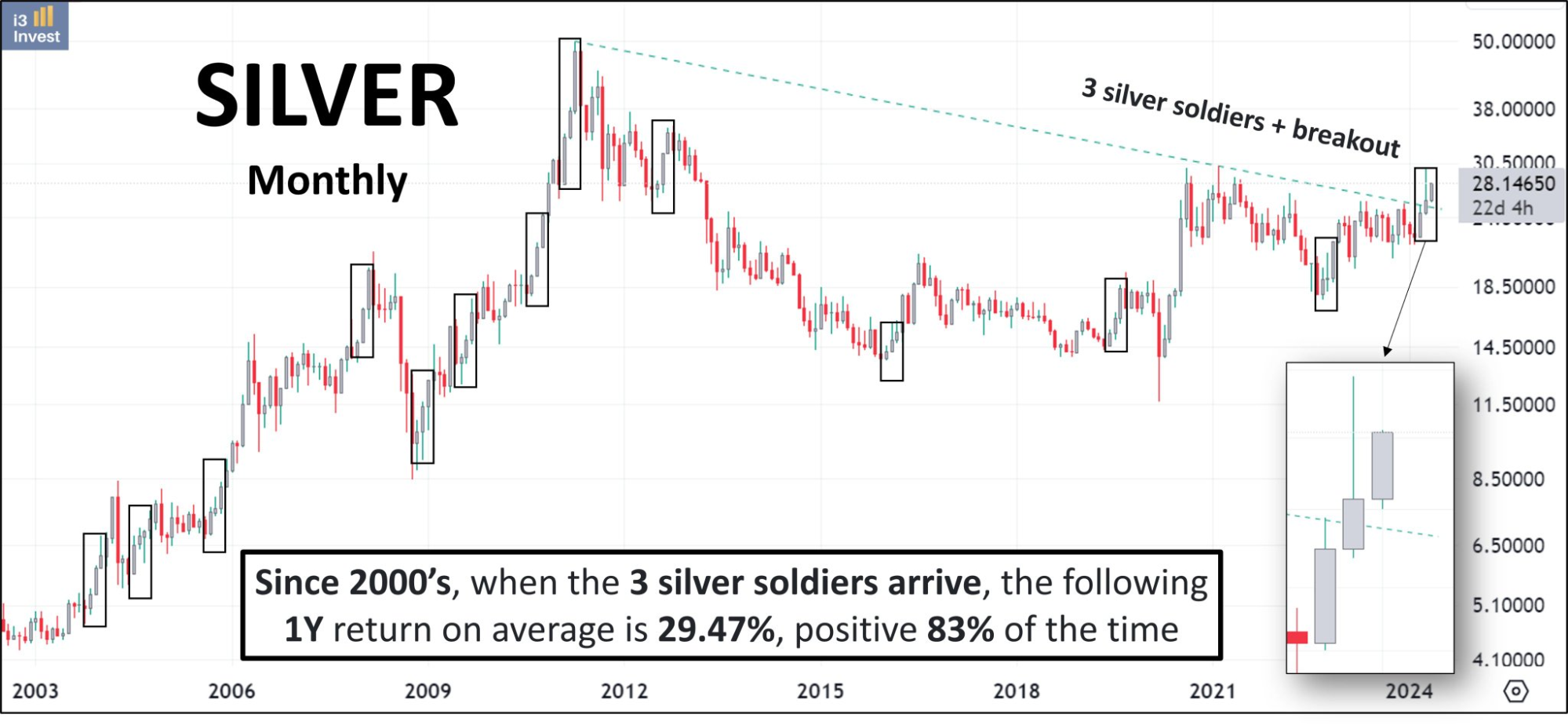 Credit: @i3_invest
Credit: @i3_invest
And the gold-silver ratio (GSR) is heading downward. That’s good, as silver leads in precious metals bull markets.
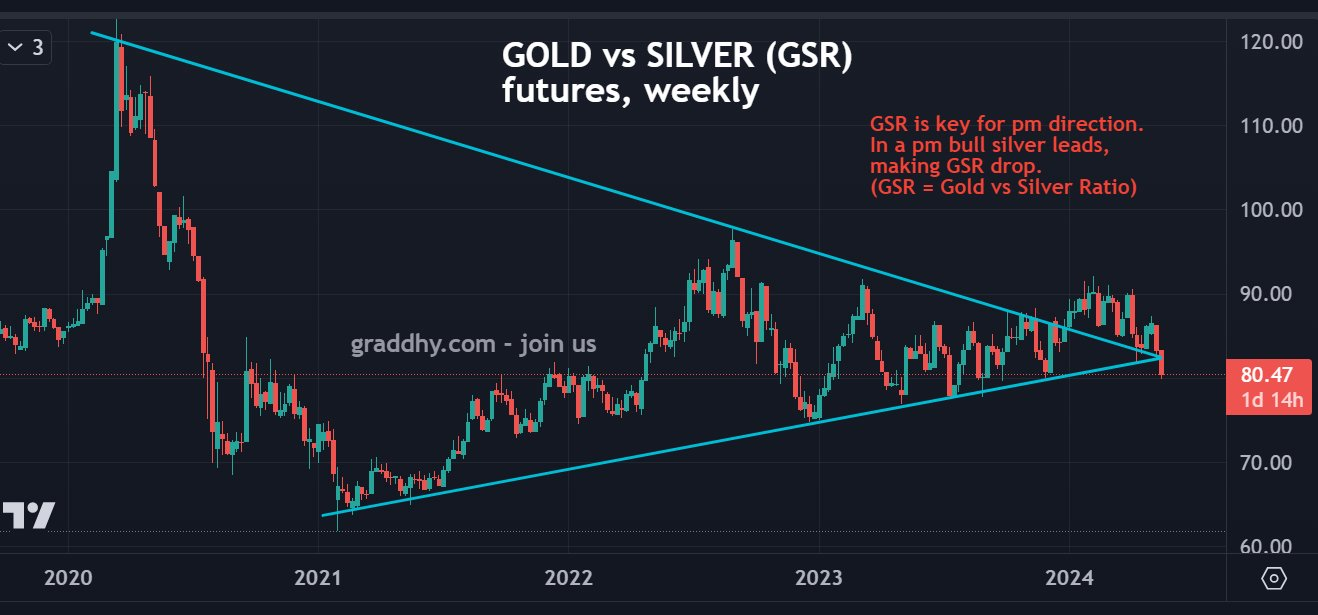
Credit: @graddhybpc, @DonDurrett
Finally, to tie this back to China, here is the Shanghai close from yesterday:
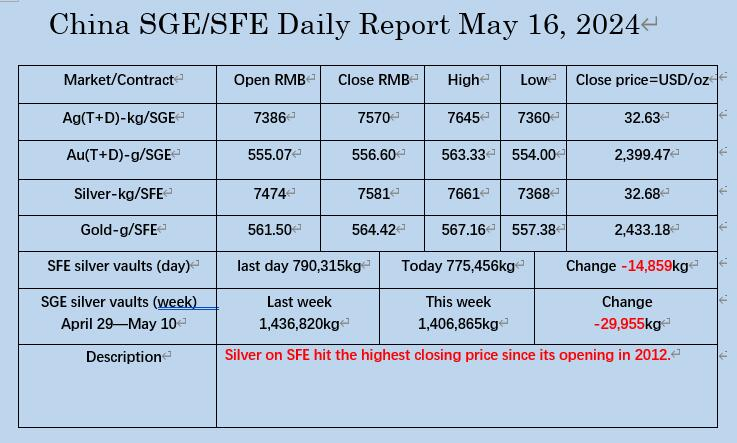 Credit: @oriental_ghost, @DonDurrett
Credit: @oriental_ghost, @DonDurrett
On the Shanghai Gold Exchange, silver closed at the equivalent of $32.63 per ounce. On the Shanghai Futures Exchange, it closed at $32.68 per ounce.
As I write (at 5:15 a.m. ET), spot silver is trading at $29.45. That’s a full $3 difference. And that pressure from Shanghai won’t subside anytime soon.
Wrap Up
You have some background, history, and charts on silver today. I hope it helps you paint a fuller picture of what’s happening in the world.
Again, I don’t want to sound pushy, but silver still hasn’t popped yet. We’re getting there soon, I think.
Consider looking at silver coins, bars, and mining stocks. They may determine how well you can live in the future.

Icing The Green New Scam
Posted December 17, 2025
By Sean Ring

8 Things That Will Turbocharge The Gold Price
Posted December 16, 2025
By Jim Rickards

Can Miners Double Again?
Posted December 15, 2025
By Sean Ring
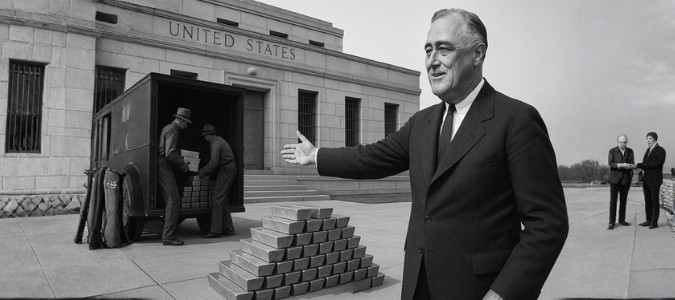
How FDR Put America Behind Golden Bars
Posted December 12, 2025
By Byron King
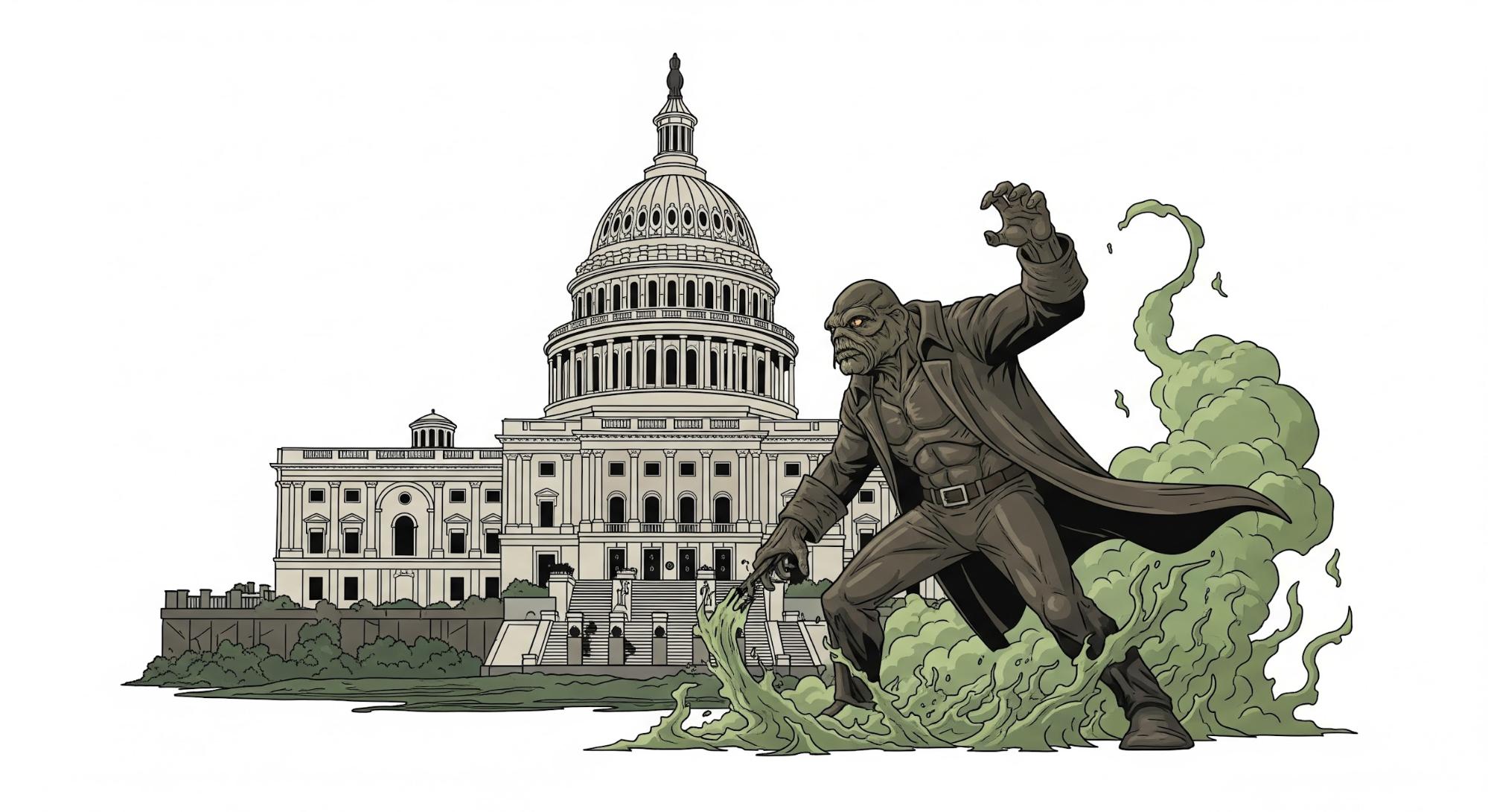
Swamp Thing
Posted December 11, 2025
By Sean Ring
